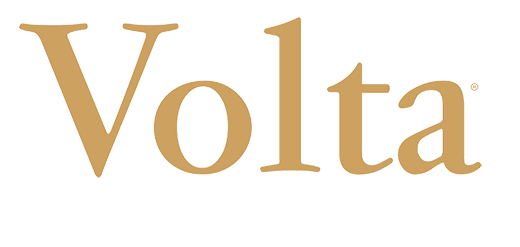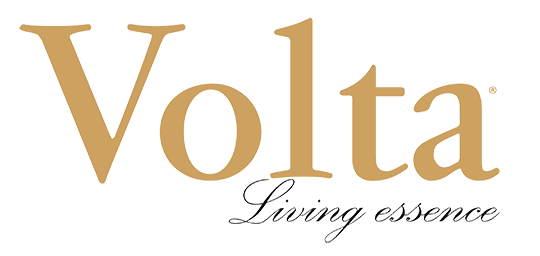The need for approval from others

As social beings, we have a need to seek the approval of those around us in order to feel good about ourselves. However, when this need becomes constant, we develop a dependency on the opinions of others to confirm our self-worth and the correctness of our choices, without which we feel unable to function.
The need for approval and affirmation is not limited to personal life. In the professional sphere, many individuals, often those who have already achieved a significant level of success, require constant approval or affirmation of the correctness of their choices or their performance in their roles. It may sound like an oxymoron, but it is more common among high-ranking individuals than we can imagine and stems from a learned insecurity developed from their childhood years. They have been trained to feel that if they do not receive positive feedback or consult others first about their actions and receive affirmation that what they plan to do is correct, they are doing something wrong or not enjoying the appreciation of others.
A large percentage of the clients who come to work with us suffer from this need for approval. And I say suffer because it is difficult for them to feel fullness and joy for their achievements. If someone does not confirm each of their victories, then all the effort, all the work, and even the successful outcome fall into a void for them. If no one told them, it probably wasn’t important enough, and it probably wasn’t good enough. In addition, they often reach physical and mental exhaustion as they spend excessively more time making a decision. And what if what they choose does not bring the results that others expect? And if it ends in failure and they receive negative feedback? These thoughts torment them to the point where they end up paralyzed and are driven into procrastination and indecision.
So what can someone do, who has this constant need for approval and validation? Can they change this? Can they break this vicious cycle of seeking approval for their sense of self-worth? Of course, they can! First of all, it’s important to frequently reflect on what the individual has already achieved on their own, which is surely a lot, just not appreciated by themselves. They need to identify and recognize these successes as accomplishments and choices. Additionally, what’s called “gradual exposure to fear” is needed. That is, setting a goal to make decisions on their own, suppressing the initial need for approval from someone else, always of course within their own jurisdiction, and then making a conscious evaluation of the positive outcomes. This will help them build the self-confidence they need to continue. Finally, it’s very important to learn to be happy and proud of themselves, with their strengths and weaknesses, even if sometimes they don’t have the approval of others. After all, even approval is based on everyone’s perspective. Why should our own always coincide with others? At the end of the day, the results are what show whether we know how to make good decisions and not the subjective opinion of others.
What's Your Reaction?
Η Βαλεντίνα Κόρδη είναι πιστοποιημένη Mindset & High-Performance Coach Στελεχών, Ομάδων και Επιχειρηματιών, Διεθνής Ομιλήτρια Παρακίνησης, TEDx speaker και Συγγραφέας. Εδώ και 10 χρόνια έχει ιδρύσει την δική της εταιρεία, ως Executive & Business Coach, έχοντας προπονήσει αυτά τα χρόνια, επιχειρηματίες και υψηλόβαθμα στελέχη επιχειρήσεων όπως της Microsoft, Novartis, Boehringer Ingelheim, Coca-Cola, Biomarin Pharmaceutics, Nissan, AstraZeneca, Unilever, κτλ. παγκοσμίως να πετύχουν τους επαγγελματικούς και εταιρικούς τους στόχους, να αναπτύξουν ηγετικές δεξιότητες και να διαχειριστούν αποδοτικά αλλαγές αναπτύσσοντας την κατάλληλη κουλτούρα, νοοτροπία και συμπεριφορές, μετά από 15ετή εμπειρία ως στέλεχος η ίδια σε πολυεθνικές εταιρείες. Το βιβλίο της «Η επιτυχία είναι παιχνίδι του μυαλού» έχει γίνει best seller και έχει μεταφραστεί επίσης στην αγγλική γλώσσα. Σπούδασε Διοίκηση Επιχειρήσεων Newport University της Καλιφόρνια, κατέχει μεταπτυχιακό τίτλο στη Διοίκηση Ανθρωπίνων Πόρων από το City Unity College και είναι Υποψήφια Διδάκτωρ Conscious Business Ethics του University of Sedona. Επιπλέον, σπούδασε Success Conversion Coaching στο Express Coaching School του Καναδά και Strategic Intervention Coaching στη σχολή Robbins-Madanes School του Τόνι Ρόμπινς, στις ΗΠΑ. Είναι μέλος του Harvard Business Review Advisory Council, του ICF καθώς και του Institute of Coaching McLean/Harvard Medical School. To 2020, η ICAP Group την συμπεριέλαβε στην λίστα των Leading Women in Business στην Ελλάδα, , ενώ πρόσφατα παρέλαβε το βραβείο International Women of Courage 2021 από τον οργανισμό International Human Rights Advisory Council, μέλος του United Nations Global Compact (τηςμεγαλύτερης παγκόσμιας πρωτοβουλίας Εταιρικής Βιωσιμότητας πουδημιουργήθηκε το 2000 από τα Ηνωμένα Έθνη), το οποίο είναι αφιερωμένο στην Μητέρα Τερέζα. Website: http://www.valentinakordi.com LinkedIn: www.linkedin.com/in/valentinakordi










